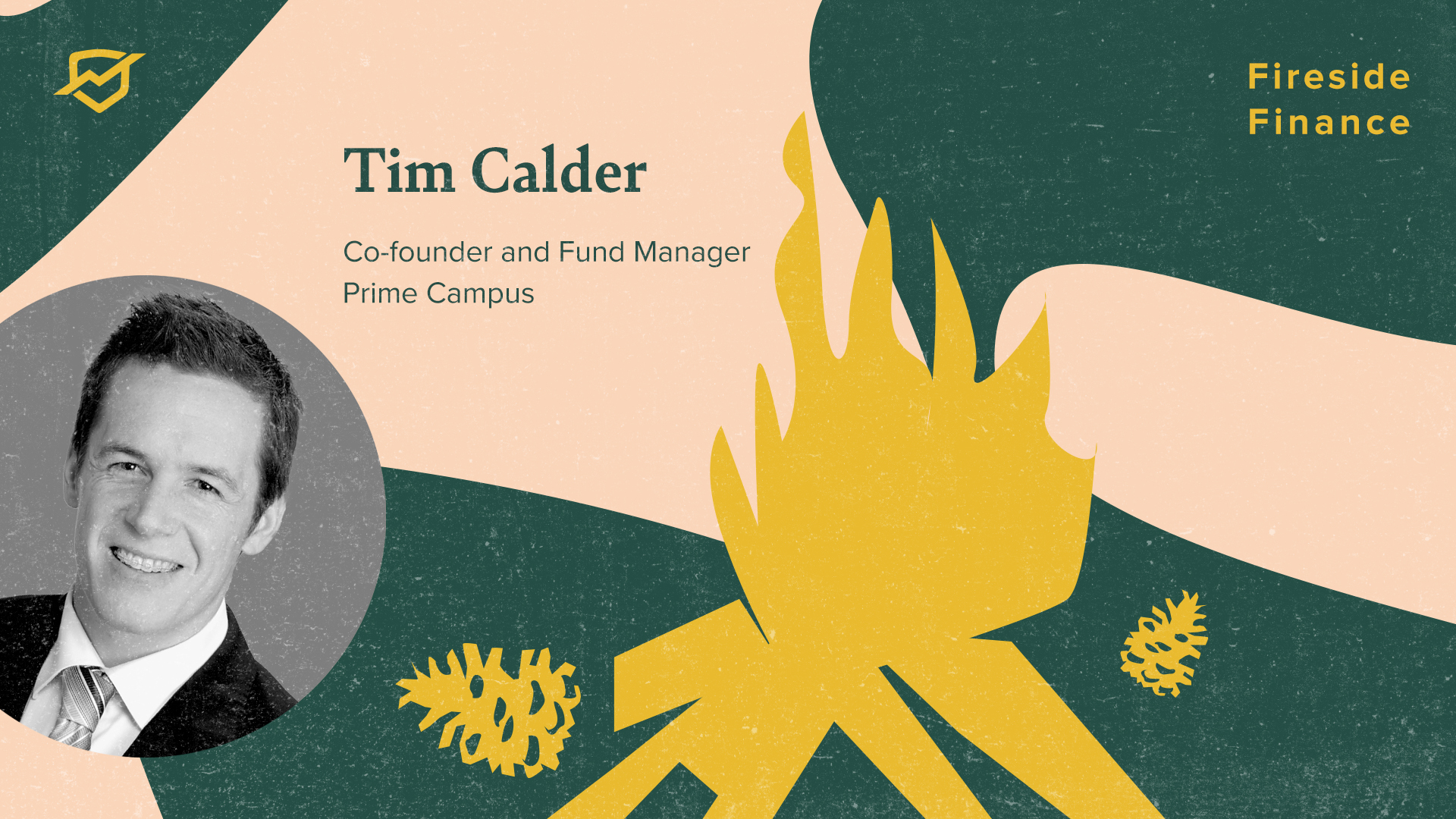
Well, I am 40 years old, born and raised on a farm in the Bay of Plenty, attended boarding school in the Waikato, university at Otago, and now live between Queenstown and Hamburg (Germany) with my wife and three kids while I remotely manage my now public student property fund Prime Campus.
My work is a big part of my finances, which literally occupies every waking hour of my mind. However, as I am self-employed and work remotely, my family and I are able to travel between New Zealand and Germany to follow the warm weather and maximize our time together.
Through managing student property for over 20 years, I have learned to expect unexpected expenses. While not for the faint of heart, the way I build resilience to these setbacks is through ruthless frugality. I find practising gratitude helps lower your baseline requirements for happiness.
While not for the faint of heart, the way I build resilience to setbacks is through ruthless frugality. I find practising gratitude helps lower your baseline requirements for happiness.
I don’t think some people truly understand the power of compound interest, which causes them to inadvertently overconsume. If people knew just how much future value they could create on a daily basis by simply stretching a little further down the supermarket aisles, it would blow their minds.
The most obvious one for me is how I have scaled back the leverage I apply to my investments as I get older. In my 20s, my loan-to-value ratios were in the 80s; in my 30s, they were in the 60s; and now, in my 40s, they are below 40. I’ve tapered this faster than most would, as I’m less interested in risking the lifestyle my family currently enjoys for anything better.
‘Building wealth’ means ‘creating financial freedom’ for me. I achieve this by investing in assets that I deeply understand and am acutely focused on adding value to while applying leverage. I only need to review my PocketSmith account on a biannual basis, as my natural frugality keeps my positive cash flow strong.
This quote helped me:
“Most people overestimate what they can do in one year and underestimate what they can do in ten years.” — Bill Gates
In my 20s, I was always disappointed when reconciling my annual goals, but when I looked back in my 30s, I was genuinely surprised by how much I exceeded my 10-year goals.
I love splurging when there is a special at the supermarket on an item that I regularly buy. Each of my friends seems to have a story about one of these occasions they like to tell (much to my wife’s embarrassment). There are so many, but one that comes to mind was when I purchased a couple hundred cans of my already dirt-cheap tuna at the supermarket because it had a 15% discount.